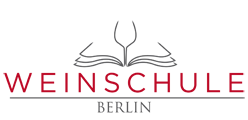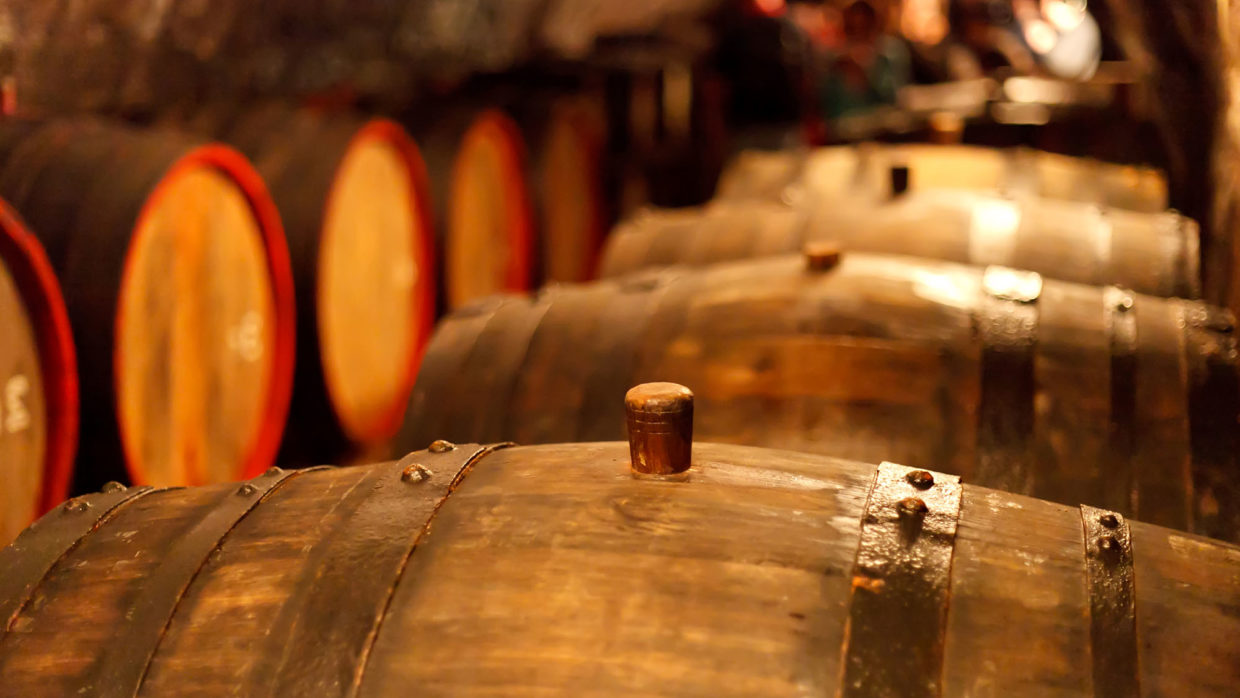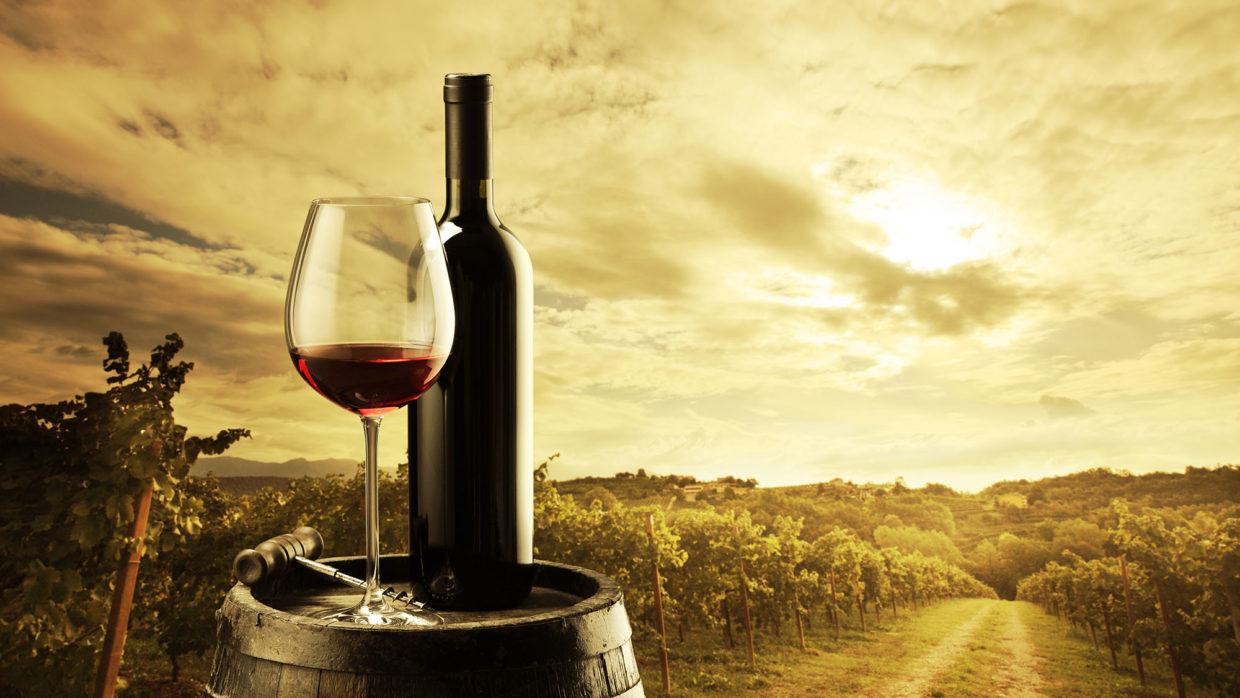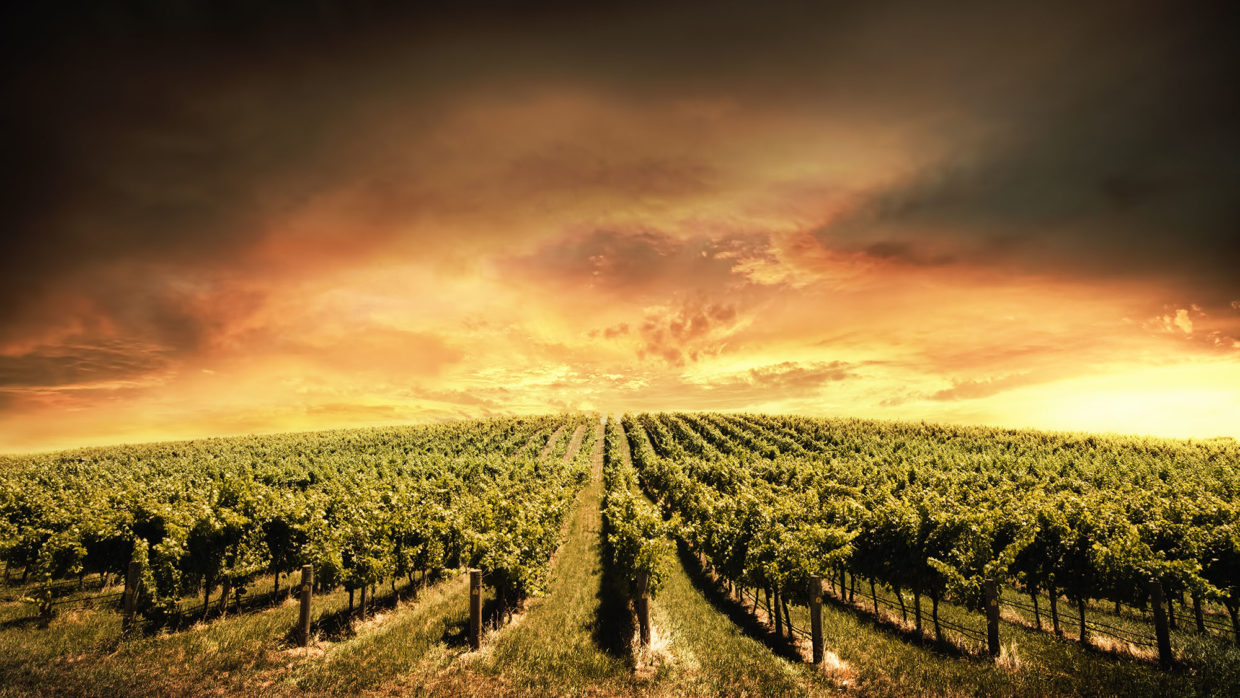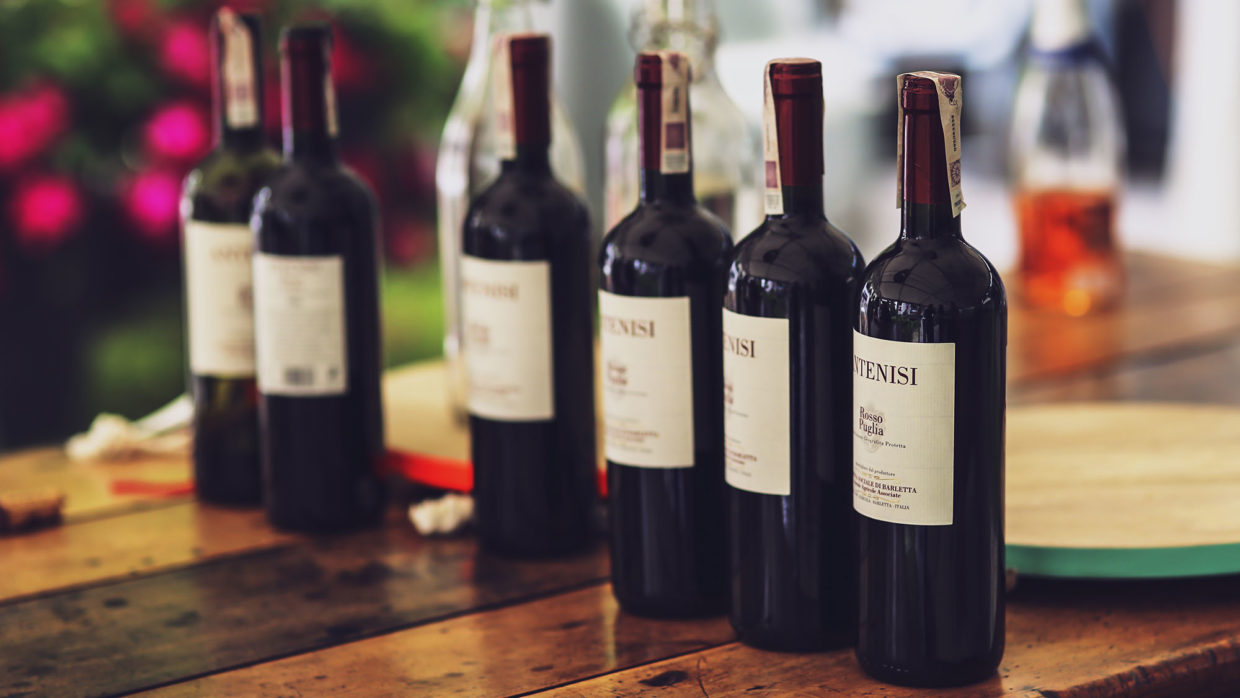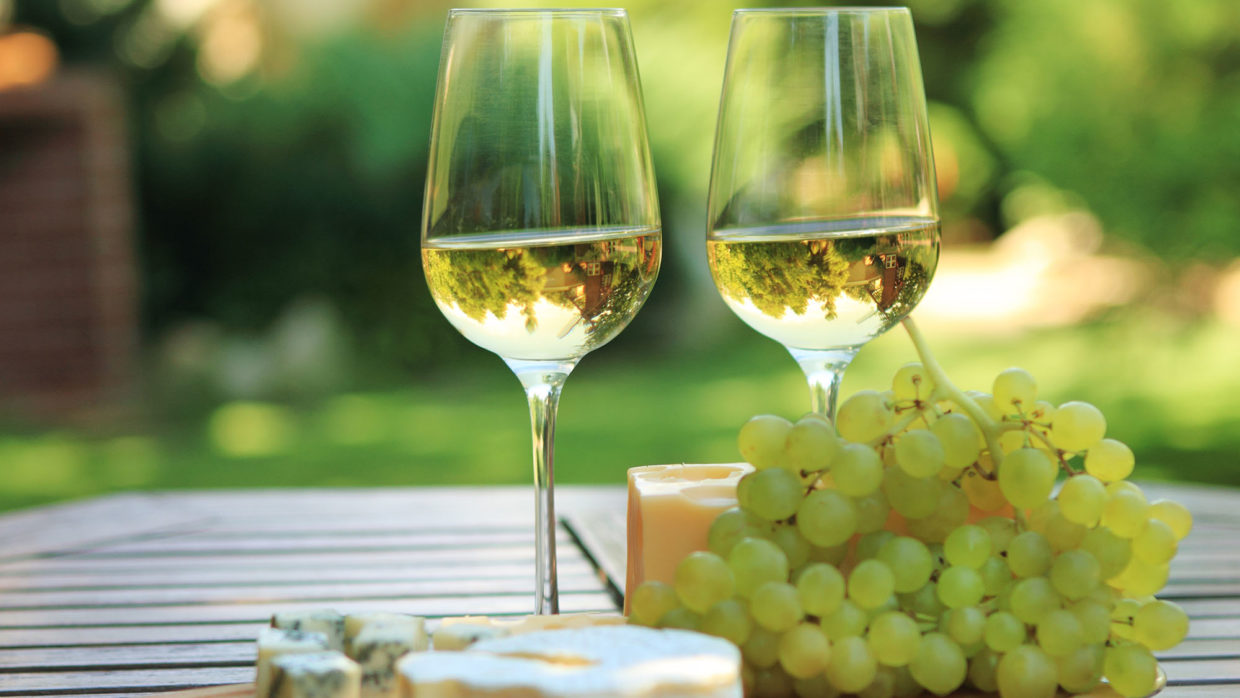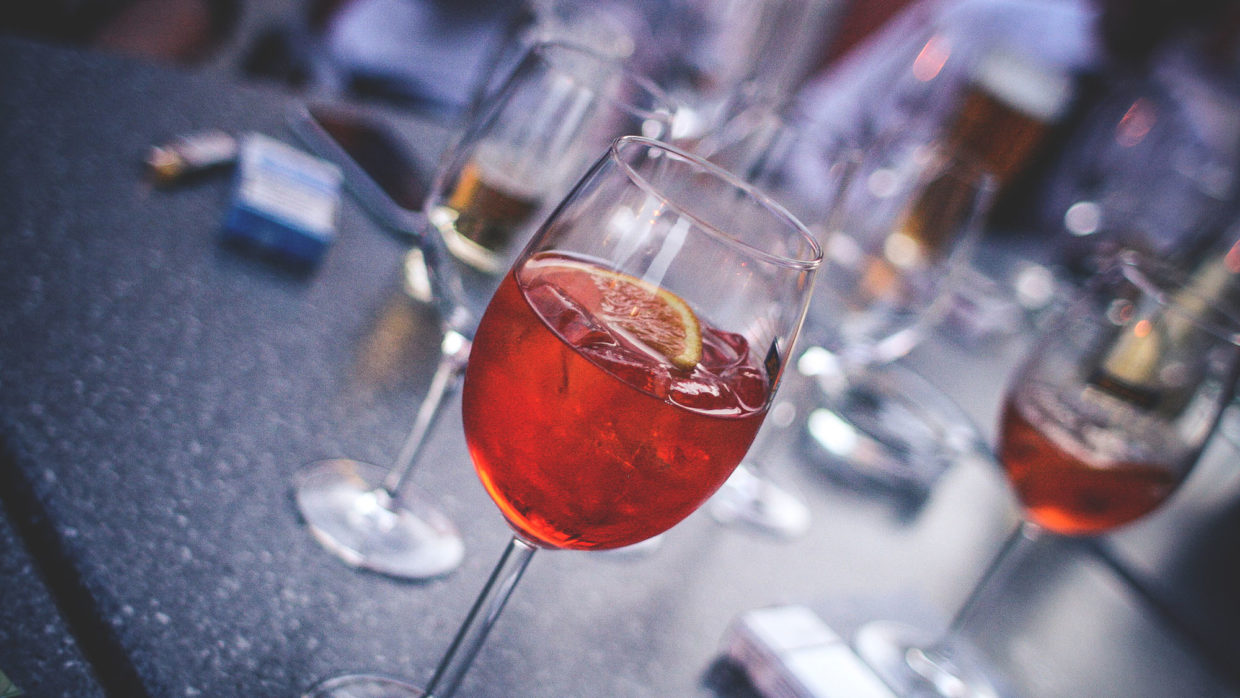The grapes of White Bordeaux include Sauvignon Blanc, Semillon and Muscadelle. There are a few other less-known varieties used in White Bordeaux such as Colombard and Ugni Blanc (the grape
Prosecco is an Italian sparkling white wine, generally a dry or extra dry wine. It is made from Glera grapes, formerly known also as „Prosecco“, but other grape varieties such
Alternative wine closures are substitute closures used in the wine industry for sealing wine bottles in place of traditional cork closures. The emergence of these alternatives has grown in response
Alcoholic beverages were made by indigenous peoples of the Americas before the Age of Discovery. Indigenous peoples are known to have used maize, potatoes, quinua, pepper tree fruits and strawberries to make alcoholic beverages. Despite the existence of species of the vitis genus (to which Vitis vinifera belongs) in Venezuela, Colombia, Central America and Mexico indigenous peoples did not ferment these species and therefore did not make wine.
In ancient times, the reputation of a wine depended on the region the wine came from rather than an individual producer or vineyard. In the 4th century BC, the most
Vine cuttings from the Cape of Good Hope were brought to the penal colony of New South Wales by Governor Phillip on the First Fleet (1788). An attempt at wine
Regulations govern the classification and sale of wine in many regions of the world. European wines tend to be classified by region (e.g. Bordeaux, Rioja and Chianti), while non-European wines
Due to the „malleability“ of Chardonnay in winemaking and its ability to reflect its terroir, there is not one distinct universal „style“ or set of constants that could be applied
Es gibt keinen Textauszug, da dies ein geschützter Beitrag ist.
